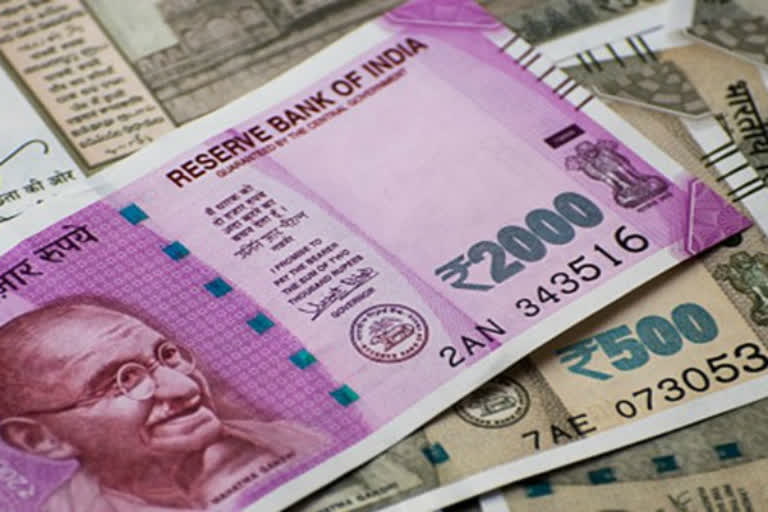New Delhi: Currency in circulation as percentage of GDP declined by over 1 percentage points to 10.48 per cent in the two years after demonetisation, a finance ministry official said.
The government had demonetised currency notes of 500 and 1000 denomination on November 8, 2016, to check black money.
"In terms of GDP, notes in circulation declined from 11.55 per cent as on November 8, 2016, to 10.48 per cent as on November 8, 2018, reflecting that it has actually contributed in reducing the currency in circulation," an official said. This reflects a decline of 1 percentage point or 100 basis points.
Post note ban, Rs 15.31 lakh crore worth demonetised notes were deposited in banks within a stipulated time. This was 99.3 per cent of the Rs 15.41 lakh crore worth of Rs 500 and Rs 1,000 notes in circulation on November 8, 2016.
Read more:Income guarantee scheme will be rolled out in phases: Chidambaram
One of the objectives of demonetisation was to reduce cash-economy and encourage digital mode of payment.
The notes in circulation had recorded an average growth rate of 14.51 per cent year-on-year since October 2014 to October 2016.
As on November 4, 2016, notes in circulation was Rs 17.74 lakh crore, which increased to Rs 21.22 lakh crore as on March 22, 2019.
According to the finance ministry calculation the notes in circulation would have grown to Rs 24.55 lakh crore by end of March 2019, higher by Rs 3 lakh crore than the current level, if the government had not demonetised currency notes.
With regards to digital transactions, the official said the volume has increased to 210.32 crore in October 2018, from 71.19 crore in October 2016.
The value of digital transaction also increased to Rs 135.97 lakh crore in October 2018 from Rs 87.68 lakh crore in October 2016.



